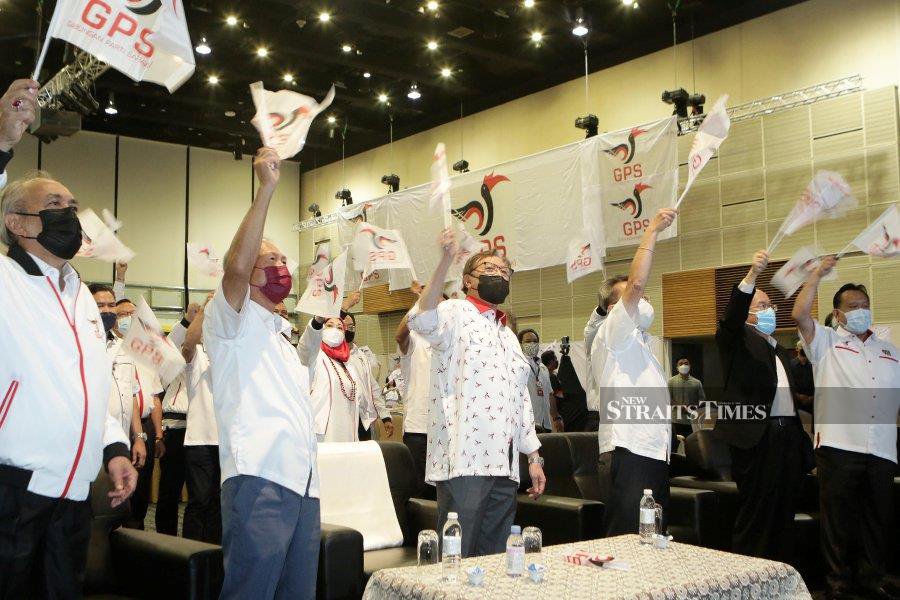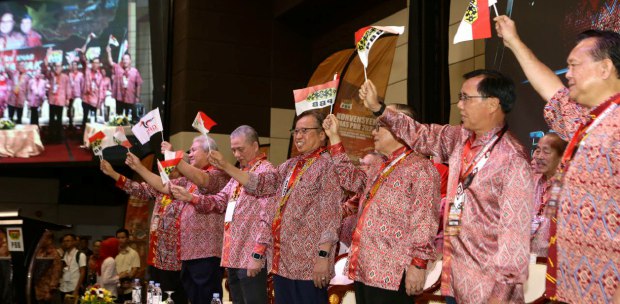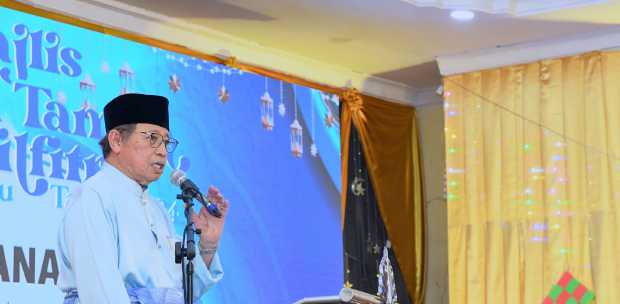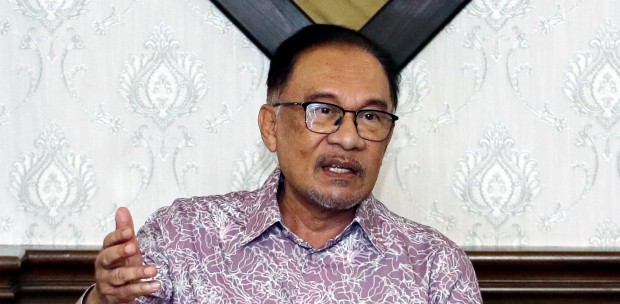GABUNGAN Parti Sarawak (GPS) had an overwhelming victory in the state election a few days ago.
In an 82-seat assembly, the coalition of four parties — Parti Pesaka Bumiputera Bersatu (PBB), Sarawak United People's Party (SUPP), Parti Rakyat Sarawak (PRS) and Progressive Democratic Party (PDP) — swept 76 of them.
With an opposition of just six seats, one may look at it two ways. The first, the government of Chief Minister Tan Sri Abang Johari Openg, or popular known as Abang Jo, may govern at will and fulfil the promises made under the 34-point GPS manifesto.
He said if voters returned GPS to power, his government would realise the promises of the manifesto as this time, his coalition was made up of Sarawak-based parties whereas previous governments while having a two-thirds majority were part of the peninsula-centric Barisan Nasional coalition.
On the other hand, critics are warning against a government stranglehold because with just six opposition assemblymen, there will be no checks and balances to rein in GPS.
While theoretically true, the Sarawak First manifesto appears tailored to improve the economic and social position of the people. The chief minister said in his campaign that GPS would work towards "making Sarawak a developed and high-income state by 2030".
The government will also establish a sovereign wealth fund to ensure the success of its manifesto. Couple that with the reestablishment of Sarawak as an equal partner in the federation under the Malaysia Agreement 1963, the foundation has been laid to make Sarawak a high-income state by 2030.
The caveat is simple and straightforward: No corruption and no abuse of resources.
Currently, Sarawak is one of the poorest states, with half its people living in poverty. But thus far her governance has been very much a part of the national coalition's priorities.
That during the campaign Abang Jo emphasised the equal status of the people of Sarawak as a citizen of Malaysia suggests the reason why much is often said of secession.
Sarawak is rich in resources and yet after more than half a century in Malaysia, she remains backwards in many respects, especially infrastructure.
Therefore, if promises are kept and commitment is given, Sarawak is now set to put in motion a development to a high-income state within a decade.
That BN/Umno resolved not to participate in the election is an indication of its intentions. The recent Melaka election giving a two-thirds majority to BN must have persuaded the leadership that they are back.
GPS was part of BN before the latter's defeat in 2018. To have GPS support them, if not reconstitute itself with the national coalition is very important as has been the experience of the past.
The same reasoning must have been why Perikatan Nasional sat out the Sarawak election. Voters have demonstrated their wisdom. To read them in simple terms is a mistake.
Observers have said Sarawak voters were too influenced by the group sentiments and their leaders' political affiliations. Hence, the dominance of several families in the state's power matrix.
But, that Abang Jo's Sarawak First policy has captured the people's imaginations indicates a self awareness driven by self-interest. The chief minister is himself from a prominent family. His father, Tun Abang Openg Abang Sapiee, was Sarawak's first Yang di -Pertua Negeri.
But Abang Jo's Sarawak First policy is targeted at the betterment of all Sarawakians, hence despite the highest number of candidates representing many other parties, GPS swept away almost all of the opposition.
The future could be bright. GPS' strength in Sarawak must surely be beneficial to whatever coalition is seeking to establish the federal government.
As the last election demonstrated, a desertion of BN by its Sarawak contingent spelt the end of BN's monopoly on power.
Hence, the strength of GPS on the federal landscape. Now more than ever, given the political volatility of Malaysian politics, Sarawak looks secure to go ahead with its Sarawak First policy.
The author is a former NST leader writer






